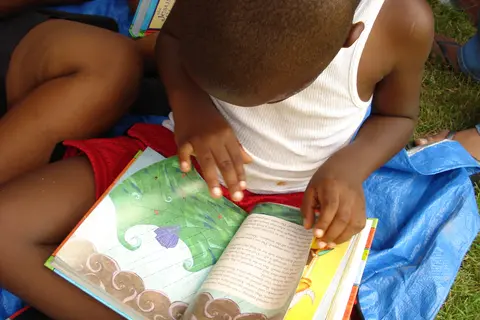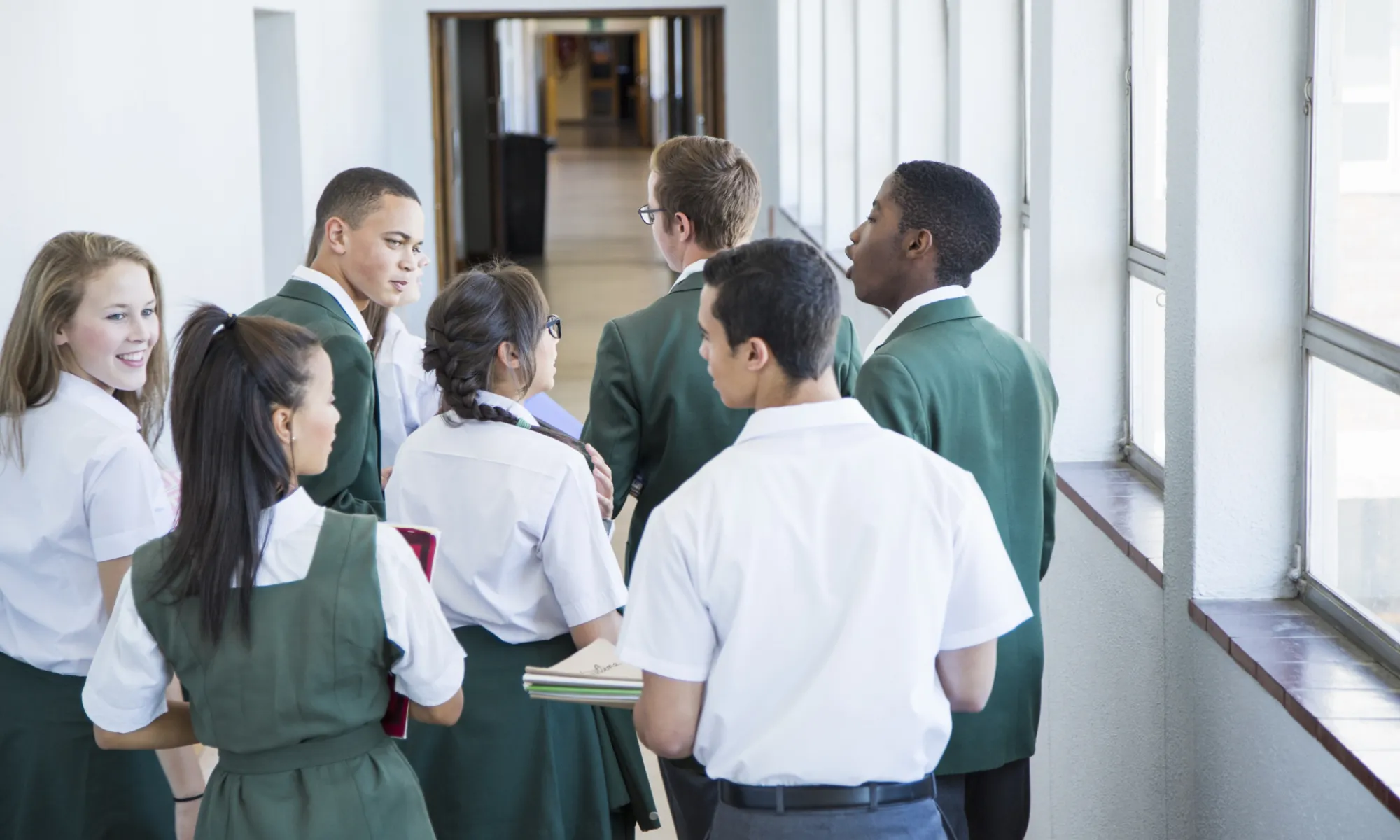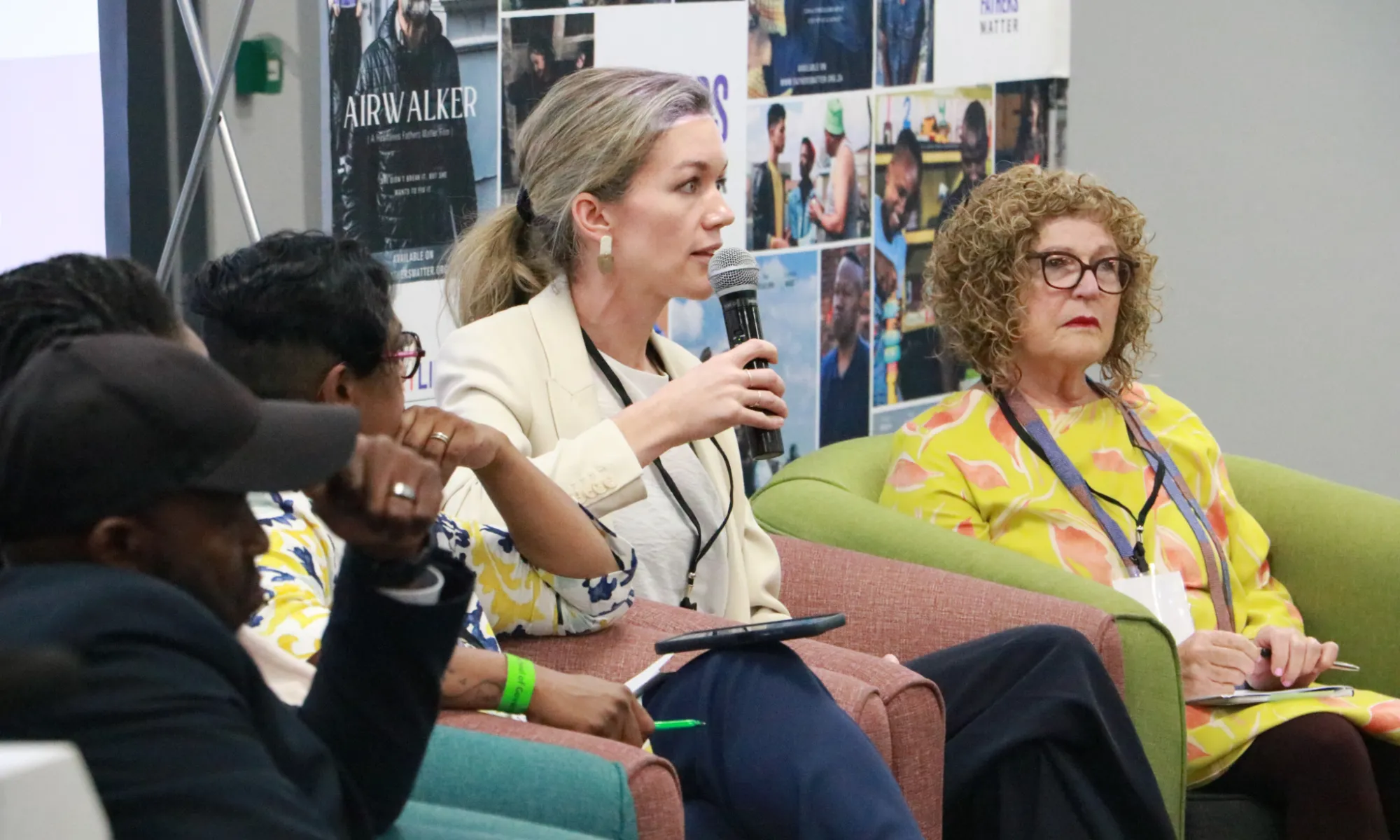A survivor’s reflection on how to rethink 16 Days
Gender-based violence , Abuse , WomenEvery year posters go up, campaigns roll out, and we hear the same speech over and over again, but we still have women and children dying as a result of gender-based violence.

Every year, from 25 November to 10 December, South Africa marks 16 Days of Activism for No Violence Against Women and Children (16 Days). But for many survivors, this time of year isn’t just a campaign, it’s a painful reminder of everything they’ve endured and everything they’re still fighting to heal from. As we once again mark these 16 days, maybe it’s time we rethink how we respond.
We spoke to Lita, a young woman navigating life as a sexual assault survivor. “I often struggle with how the world talks about violence. We treat it as if it is an inevitable part of human nature, as if certain people are born capable of harm.”
“The truth is, no one is born violent,” she says. “People learn that behaviour from somewhere. They absorb it in the silences of their homes, in the power dynamics they witness, in the hierarchies they are taught to accept. Violence is a product of socialisation, not destiny.”
If we are to truly rethink 16 Days, she says, “we must move from awareness to solutions that offer real change”.
What “Rethinking 16 Days” could look like
If we’re serious about ending gender-based violence (GBV), then how we mark these 16 days matters. Some of the important things we need to ask are:
How can we start holding each other accountable?
“We have spent decades talking about the existence of GBV,” says Lita. “We no longer lack awareness; what we lack is the collective will to hold ourselves and our systems accountable.” To truly rethink 16 Days means moving beyond slogans and statistics and asking harder questions: How do our personal biases, jokes, traditions and silences reinforce harm? How do we respond when someone we love is accused of perpetrating GBV?
How do our homes model our behaviour?
Our homes are the first places where we learn how to love, how to argue and how to respond to differences. Children watch and internalise the patterns of the adults around them. If shouting, control or silence are the ways love is expressed at home, those lessons travel into adulthood. “Commemorating 16 Days in our homes should mean showing what healthy love looks like in practice: respecting boundaries, sharing power, apologising sincerely, and resolving conflict without harm,” says Lita.
How can we make schools a space for emotional education?
“Schools are not just for academic learning; they are spaces where social norms are cemented,” says Lita. Unfortunately, “they teach compliance rather than compassion,” she adds. “Rethinking 16 Days in schools should mean making empathy, consent and emotional intelligence part of the curriculum. It means creating spaces where young people can talk openly about power, gender and identity without fear of shame.”
Lita believes that we “cannot prevent violence if we do not teach young people what non-violence looks and feels like.”
How can workplaces join the fight against GBV?
Many workplaces mark 16 Days with campaigns or events, but ignore the everyday realities of gender inequality in their own environments. To honour this period meaningfully, Lita says that “organisations must start by examining their culture. How do they handle reports of harassment? Do women and gender-diverse employees feel safe to speak? Are leaders modelling respect and accountability? Real commemoration is not in the ribbon we wear but in the systems we reform.”
How can we create safe spaces for survivors?
Survivors do not exist to inspire pity or decorate campaigns. “We are not symbols of suffering, we are living witnesses of resilience and truth,” says Lita. “The most appropriate way to commemorate 16 Days is to create spaces where survivors can speak without fear, be believed without condition, and heal without being hurried.”
“It is about listening deeply, centering survivor needs, and ensuring that justice and safety are not privileges but rights,” she says.
If we are going to rethink 16 Days we need to start by recognising that violence can be unlearned. Violence is taught, but so is kindness, empathy, and respect.
If you or someone you know is experiencing gender-based violence, contact one of the helplines below:
- GBV Command Centre 0800 428 428 (24/7)
- Crime Stop (SAPS): 086 00 10111
- USSD for a callback: 1207867#
- LifeLine South Africa: 0800 150 150 (24/7)
This article was created with the help of AI. While Heartlines recognises the transformative potential of AI, we are committed to using it in a manner that aligns with our values.

Bonolo Mokua
Bonolo is a multimedia journalist and content creator at Heartlines. She has experience in online and radio media production and helps spread the Heartlines message on multiple platforms.
Featured





